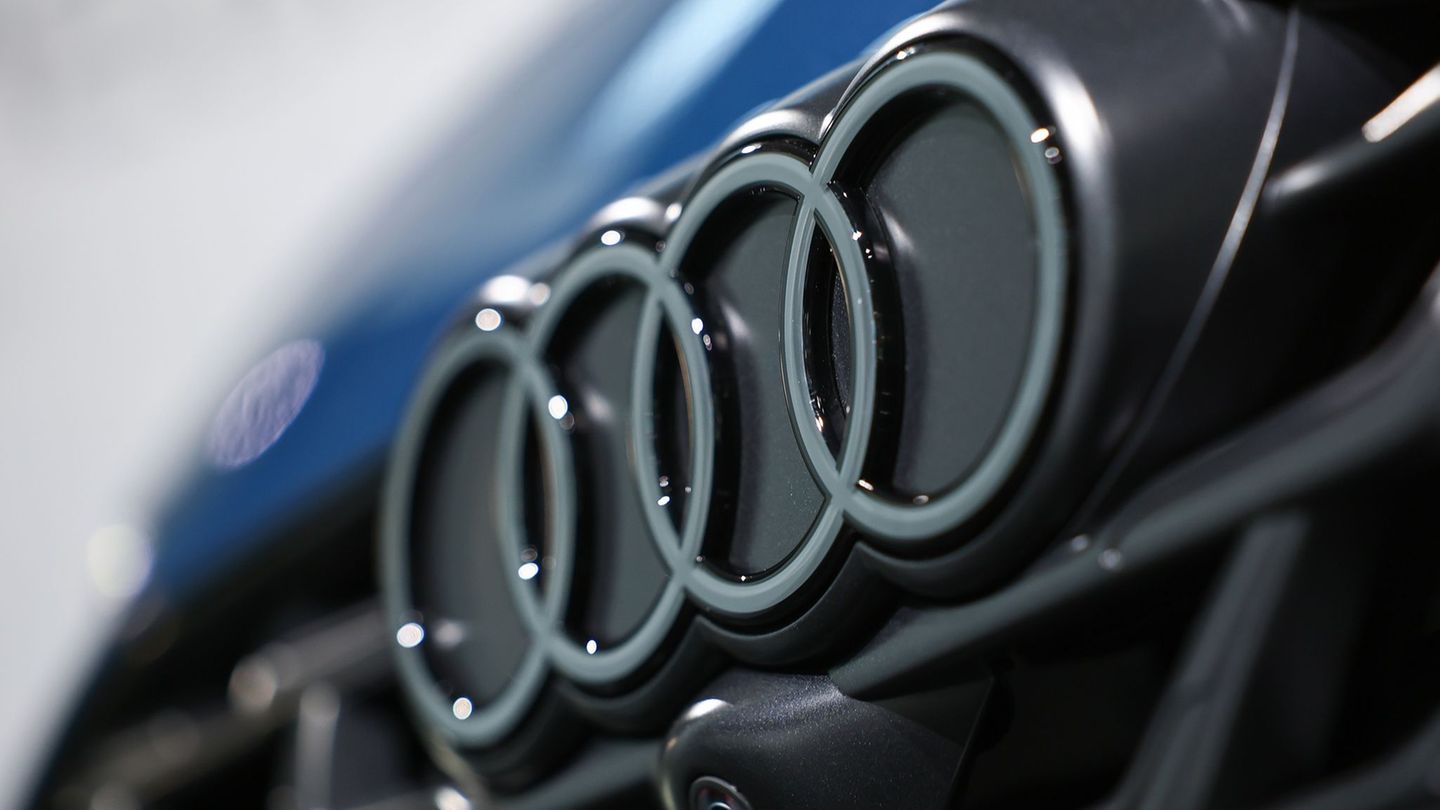Temu and Shein are flooding the western world with cheap goods. But the low prices are apparently taking their toll on product safety in some items.
For years, parcel carriers have been carrying packages from Temu, Shein and Aliexpress around the world. The flood of orders is sometimes so large that cargo planes from China barely have room for other shipping service providers. Sayings like “Shop like a billionaire” are clearly very popular. Prices in the single-digit euro range are even more popular.
But cheap goods have a dark side – and that doesn’t just mean the reinforcement of a throwaway mentality or the environmental impact of shipping halfway around the world. As “”, a Singaporean newspaper, reports, South Korean authorities are once again warning of toxic substances in the goods of Chinese cheap suppliers.
Temu and Shein: Toxic shoes and lead-containing sandals
According to the report, the testers focused particularly on women’s fashion. A total of 144 products from Shein, Aliexpress and Temu were recently tested – and some of the products from all suppliers failed miserably. A pair of shoes from Shein was particularly alarming, as they contained 229 times more harmful plasticizers than the legally permitted level.
“Phthalate-based plasticizers affect reproductive functions, such as reducing sperm count, and can lead to infertility and even premature births,” an official from Seoul’s Ministry of Environment and Health told AFP news agency.
One of the chemicals found “is classified by the International Cancer Institute as carcinogenic to humans,” he warned. Shein hats also contained too much formaldehyde and nail polish samples contained too high levels of dioxane. Both chemicals can cause serious health damage.
The verdict was no less lenient for the other low-cost suppliers. Eleven times more lead was found in Temu sandals than is legally permitted.
Providers assure more protection, politicians hardly act
Shein and Temu responded with statements. Shein stated that it works “closely with independent testing bodies” and requires suppliers to comply with the “laws and regulations on product safety in the countries in which Shein operates.”
Temu also asserted that it strictly controls suppliers. The affected products were therefore “immediately removed from the shop” and sellers on the platform were again reminded to comply with safety standards and local laws.
The current warning from the South Korean ministry is likely to fall on deaf ears, as have some of these previous investigations. Temu and Shein do not convince customers with quality, but with quantity and almost unrealistically low prices. It is likely that customers will continue to turn a blind eye to these companies in the future.
Rather, Western governments, especially the USA and the EU, should ensure greater security. Even though strict rules on product safety and mail order sales actually apply here, large Chinese companies have been ignoring them in some cases since their inception. The EU is planning corresponding steps, but their implementation is still ongoing.
Source: Stern




